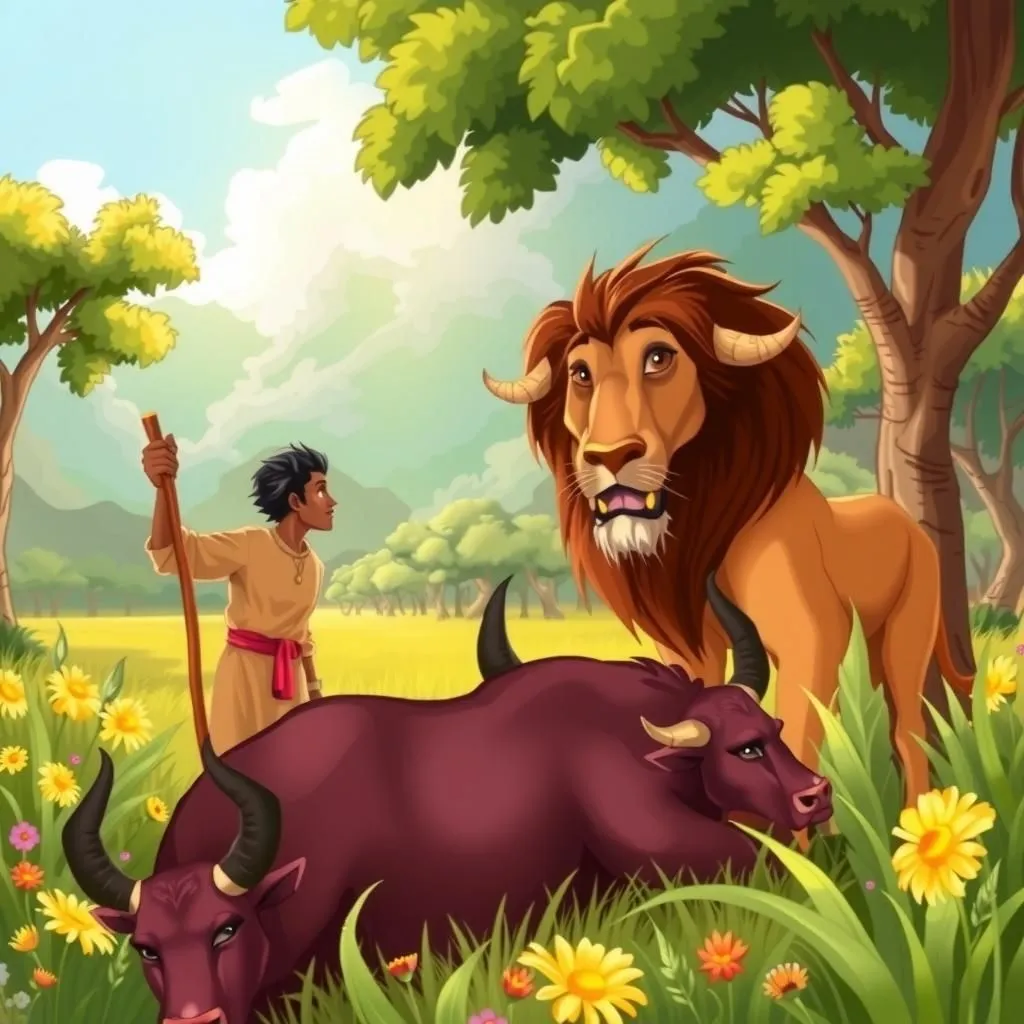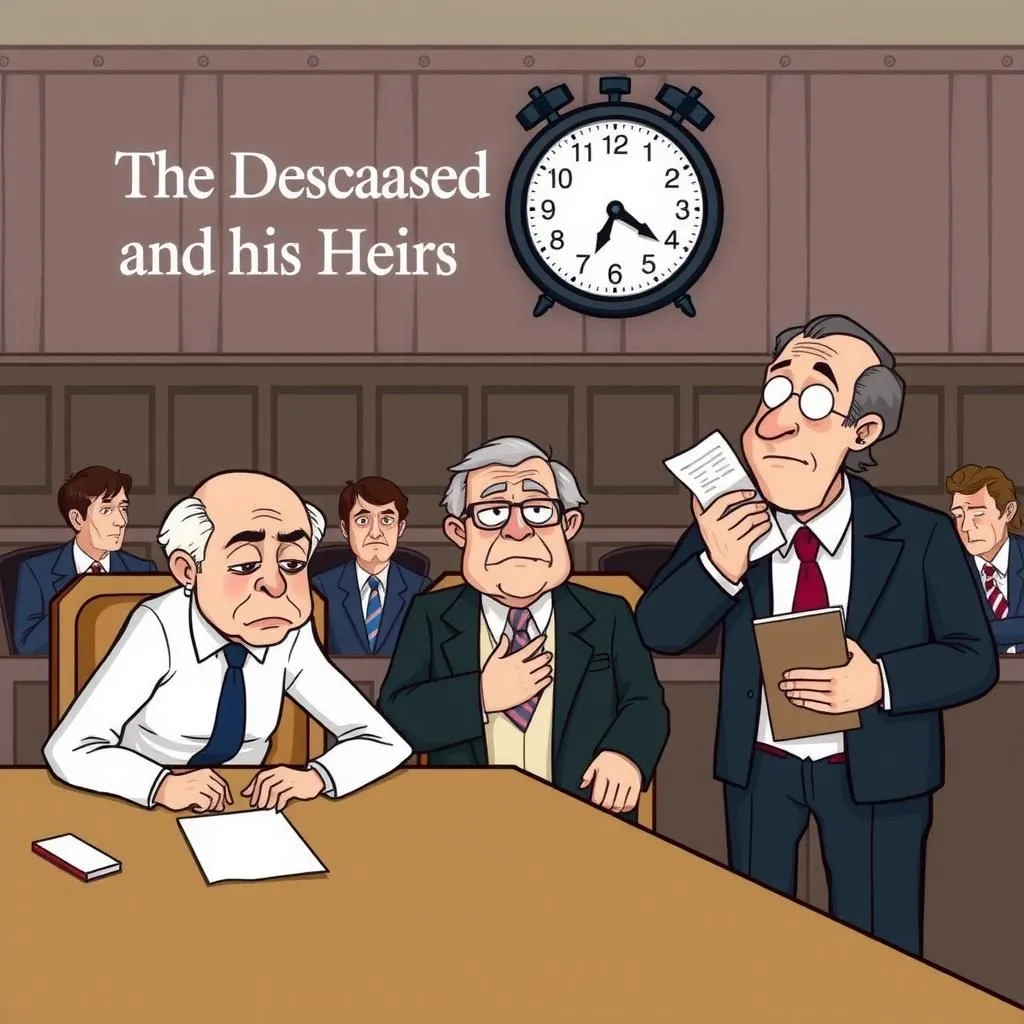
The All Dog
In "The All Dog," a lion finds humor in the small size of a poodle, mockingly questioning its stature. The poodle, however, responds with dignified confidence, asserting that despite its size, it represents the essence of being a dog. This entertaining moral story highlights that true worth is not defined by size, making it a valuable lesson for young readers in moral stories for class 7.


